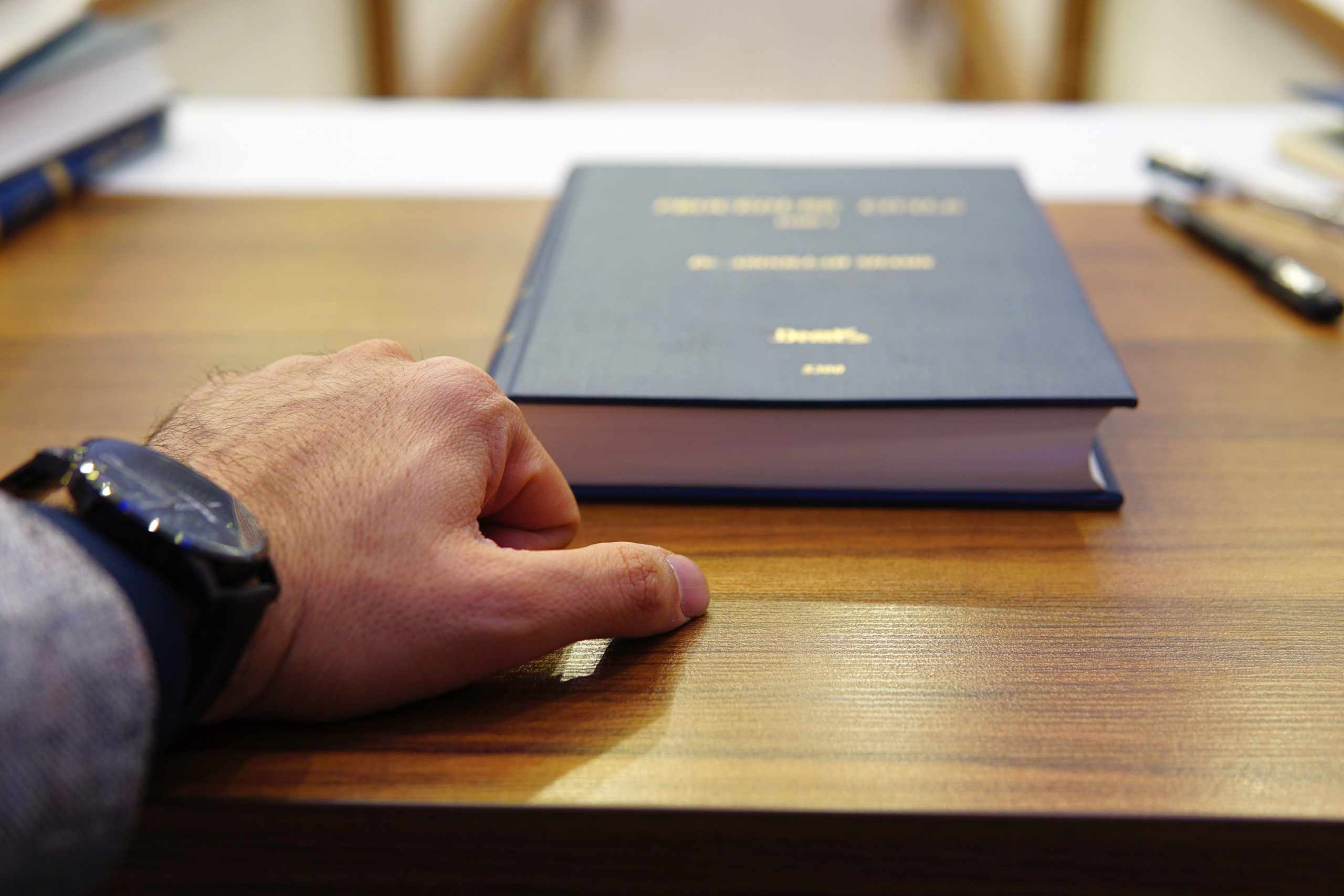Nobody wants to go to court, but you have a court hearing due to some unfortunate circumstance, then the first thing you should do is not get afraid. Check this blog to find out various tips to help you prepare well for a court hearing. Learn more to obtain information regarding lawyers specializing in different fields, from car accidents to personal injury lawyers.
The day before, I read your file several times.
The objective is to know your file well. If you have made any conclusions, reread them and at the same time write a sheet that only includes the keywords.
Prepare the documents to give to the judge.
Make a copy of your documents and prepare a file: on a cardboard card in A4 format, write down your name and that of your opponent, the case number if it is indicated on your summons, and the mention “parts of the applicant” Or “defendant’s exhibits” depending on your case. Warning! At this point, in principle, you will have already communicated a copy of your pieces to your opponent. If you haven’t prepared a document of the exhibits, Learn more you will give them at the hearing.
On D-Day, arrive at the hearing a little early.
You absolutely must be on time! To prevent yourself from getting lost in the halls and arriving late, arrive a little early to spot the courtroom. Good to know. You might be accompanied to the hearing by the person of your choice, but this person will not be able to intervene, except if you ask him to assist you or to represent you. Once there, observe what the lawyers are doing: in some courts, a court bailiff notes the presence of the parties in the cases that are going to be judged. In others, the clerk does it. Suppose you see the lawyers going to a person in a robe who writes down the information they give them, introduces yourself, mentions your name and that of your opponent, and indicates whether you are claiming or defending. Then turn off your laptop, sit down and wait patiently.
When the court enters the courtroom, a doorbell will ring: at this signal, stand up and wait for the judge to signal the audience to sit down.
When you hear your name, stand up again!
The judge opens the hearing and lists the cases called to be judged: this is called the appeal of cases. The moment you hear your name, stand up and say in a clear, audible voice, “present in demand” or “present in defense,” depending on your situation. If your opponent is present, he will also manifest himself: this is the opportunity to go and introduce yourself and ask him, if he has not already done so, to communicate his pieces to you. If you are thinking about postponing the hearing date, this is also the time to do so. Warning! You will not necessarily receive a new invitation, so note the date! The court may also refuse the request for a referral, in which case the case is retained at the hearing. If no request has been made, your lawsuit will stand at the hearing and will be tried the same day. If your case is successful, sit down and be patient until your turn comes: in fact, tradition has it that lawyers plead before individuals. If no lawyer is involved in your case, then you will go to the last ones.
When your case is called, it’s up to you!
Advance towards the desks which are in front of the platform where the judge sits. As you will have had time to observe the cases argued before you do, you will know which side to stand on depending on whether you are in demand or defense. If you are wrong, don’t panic! The judge will ask you to get on the safe side. The judge will not begin a reminder of the procedure: who issued the summons or made a declaration to the registry? Then, either he proceeds to recall the facts, or he leaves the floor to the applicant.
If you are in demand, briefly identify your requests before embarking on a swift reminder of the points and indicate which texts you are basing your arguments on. If the judge has already recalled the facts, display only the amount of your claims and on what readers you are relying on to justify your action. If you dry up, take a look at your notes, but above all, do not read them not to give the impression of reciting a lesson that will put the judge and all the audience to sleep! Once you are finished, the judge will give the floor to the defendant. Listen carefully to what your opponent has to say about the matter, and only respond if it is essential.
